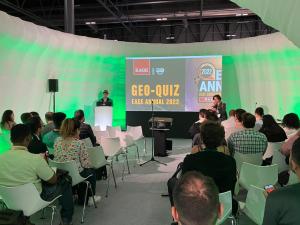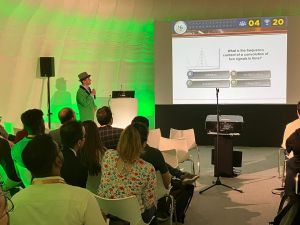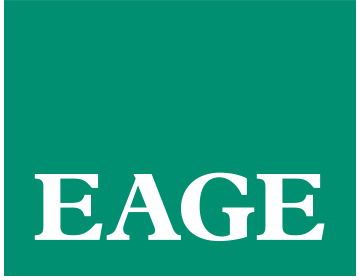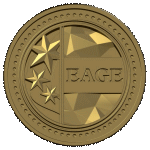How does it work?
Each year an Online Geo Quiz is held in several regions (Africa, Americas, Asia Pacific, Europe and Middle East). The winning teams of these regional competitions receive fee waivers to attend the EAGE Conference & Exhibition with the opportunity to participate in the EAGE Global Geo Quiz.
EAGE is a truly multidisciplinary association and this is emphasized in the EAGE Geo Quiz as well. The quiz consists of several rounds with questions related to different fields in the geoscience industry. Petroleum geoscience, geology, geophysics, petrophysics, drilling, and energy transition, are just a few of the fields that students may have to deal with during the competition. The level of the questions differs and will get more difficult along the way. The best way to compete in this quiz is with a multidisciplinary team of students.
- Every team consist of 2-3 students.
- The questions will be shown on a screen.
- Teams will answer the questions under time pressure.
–


–
HOW TO PARTICIPATE?
Interested student chapters that register will participate in the Online Geo Quiz in 2026.
For any additional information or questions, feel free to reach out to us at students@eage.org.
We look forward to your active participation in the Online Geo Quiz 2026. Let’s come together virtually to celebrate knowledge, camaraderie, and the spirit of exploration in geoscience!
Prizes
In addition to bragging rights, a great prize awaits the EAGE Online Geo Quiz winning team as they will receive full registration fee waivers to the 87th EAGE Annual Conference & Exhibition, being held from 8-11 June in Aberdeen, UK. Here, the team will participate in the EAGE Global Geo Quiz and compete against students from all over the world.

